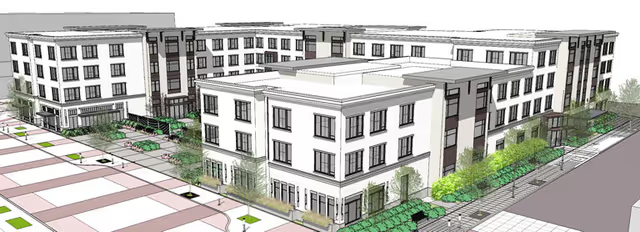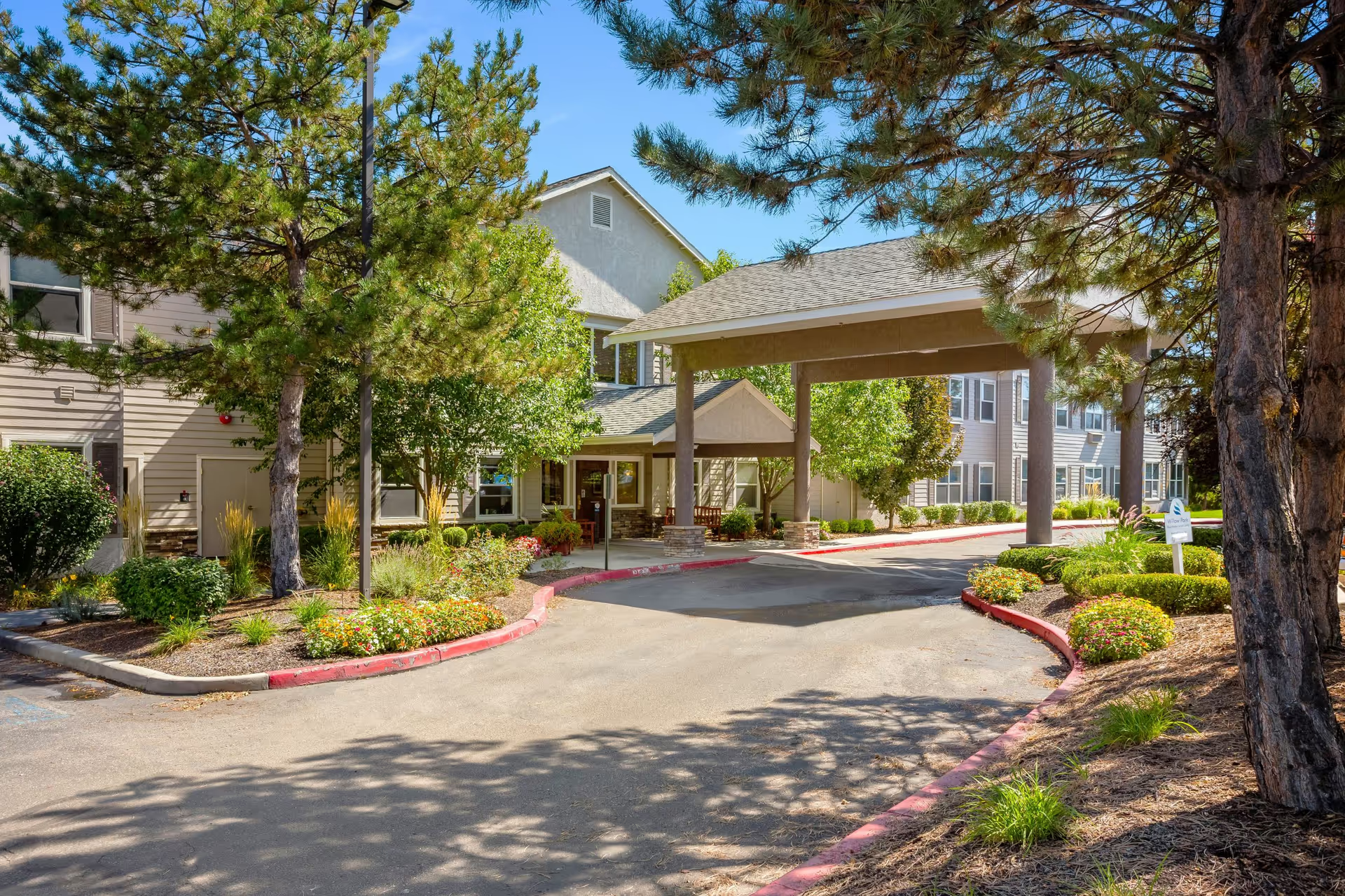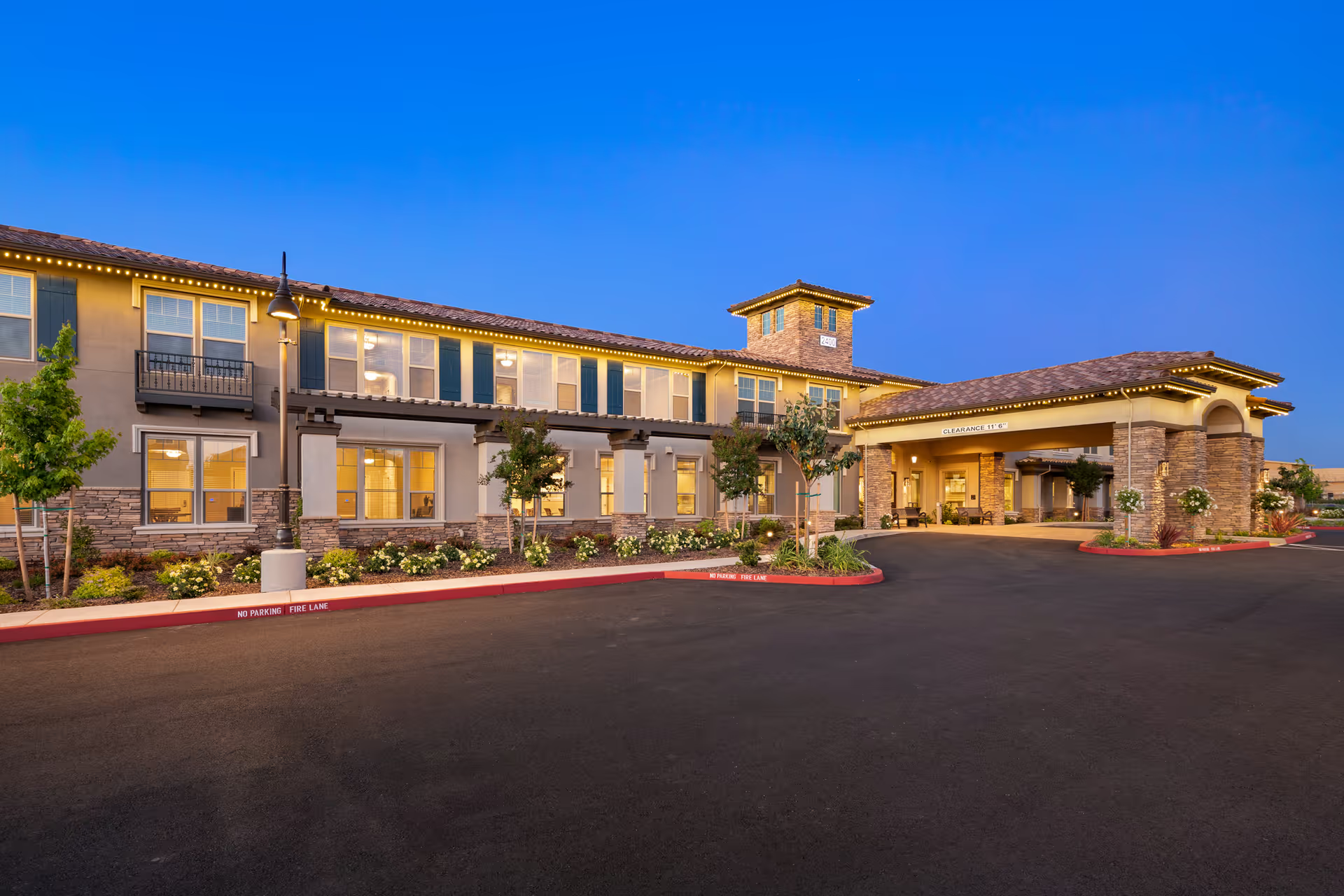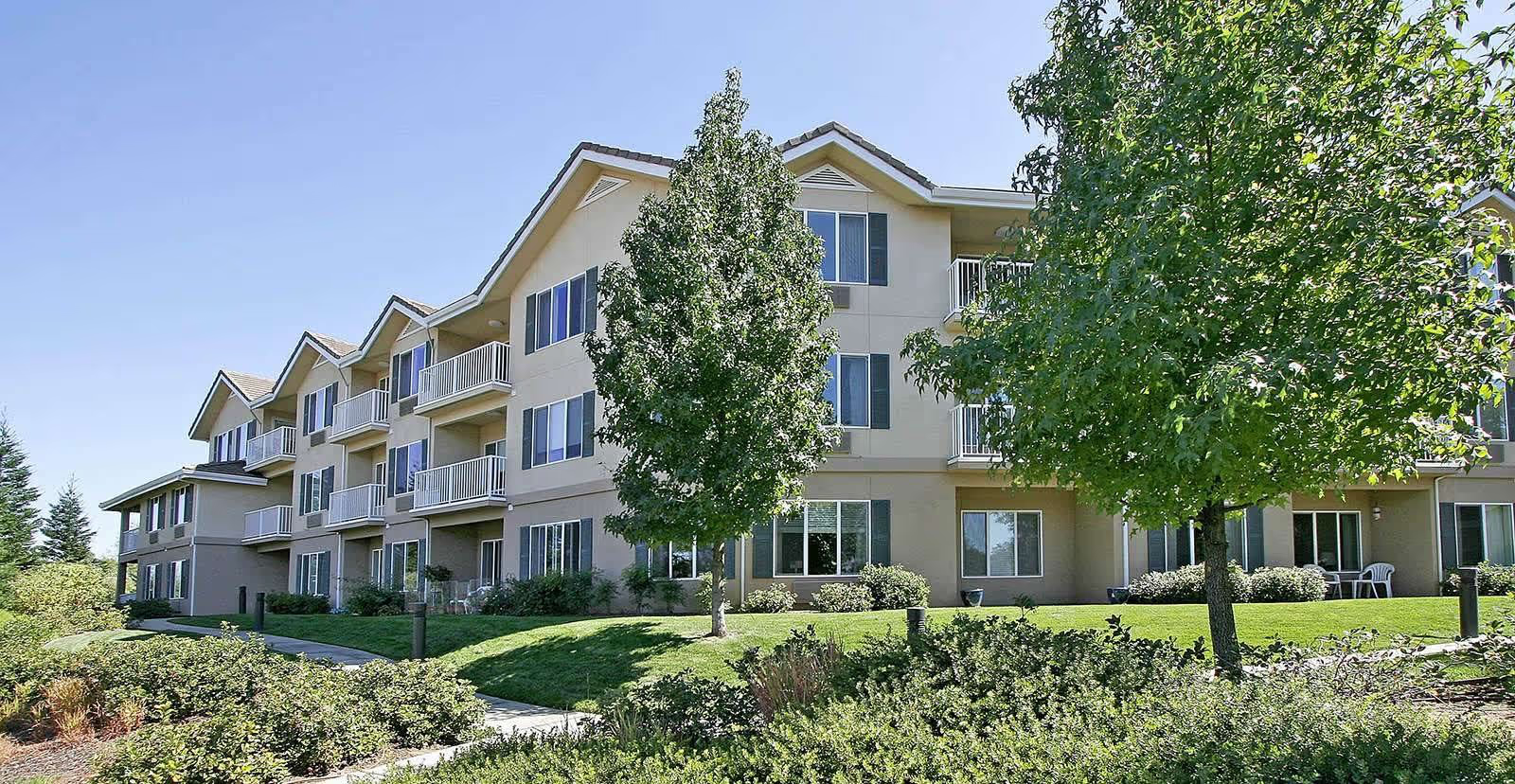Overall sentiment across reviews for Avalon Federal Way Care Center is highly polarized: many reviewers describe excellent, attentive clinical care—particularly in rehabilitation and therapy—while a distinct subset recounts serious, even dangerous, lapses in basic caregiving, communication and safety. The most consistent strengths cited are the facility’s therapy teams (PT/OT), compassionate CNAs and nurses, and an administrative/front-desk staff that several families identify as exceptionally helpful and responsive. Multiple accounts highlight successful rehabilitations, steady progress toward discharge, and specific staff members (receptionists, therapists, social workers) who made a positive difference. Cleanliness of public spaces, well-kept grounds, cheerful common areas (bingo rooms, movie theater, reading lounge) and adequate parking are repeatedly noted as positives that support resident comfort and family visits.
Care quality and clinical outcomes are a frequent high point: many reviews describe top-notch physical and occupational therapy, supportive restorative care, and cases where residents recovered and returned home. On-site medical coverage (physician or PA) and efficient hospice coordination are also praised. Administrative efficiency during admissions and an often-welcoming front office contribute to a favorable first impression for many families and residents. For those whose stays went well, staff were described as kind, professional, and skilled; these reviewers emphasize respectful treatment, timely updates to powers of attorney, and reliable housekeeping.
However, a substantial minority of reviews recount troubling operational and safety issues. Recurring themes include inconsistent schedules and poor inter-department communication that lead to missed appointments, medication or therapy scheduling problems, and sleep disruption from ill-timed overnight blood draws. Numerous complaints about slow or non-existent responses to call lights and family reports of ignored requests raise safety concerns; in several cases reviewers describe serious harm or near-harm (severe dehydration requiring emergency care, unattended falls, pressure injuries/bedsores, weight loss). There are multiple reports of missed showers, infrequent personal care, and claims of neglect—some sufficiently severe that reviewers allege death or near-death outcomes and poor notification to families. These are not isolated minor gripes but pattern-like allegations that prospective families should probe directly when evaluating the facility.
Communication and professionalism show a wide spectrum. Many reviewers praise specific staff for warmth, compassion, and clear communication; others describe language barriers, brusque or cold nurses, threatening behavior toward family visitors, and an overall lack of adequate training or manners. Several reviews detail lost, misplaced or damaged personal belongings and lack of a formal inventory process; one reviewer reported an unauthorized credit-card charge. Phone/voicemail reliability and weak Wi‑Fi were raised as practical deficiencies that affect family contact and daily operations. There are also reports of external contractors or variable staff performance leading to inconsistent experiences.
Facility condition and amenities are similarly mixed. Public common areas, grounds and the reading lounge are commonly described as pleasant, clean and welcoming. In contrast, some rooms are reported as outdated or poorly maintained—dark décor, worn bathroom floors, holes in sheets and inconsistent room upkeep appear in multiple reviews. Dining earns many criticisms: frequent comments about cold food, unpalatable meals, or inconsistent meal delivery contrast with several reviews that enjoyed the food—indicating variability across meals or shifts.
Taken together, the reviews point to a center that can deliver high-quality, resident-centered rehabilitation and compassionate care under many circumstances, driven by strong therapists, caring CNAs and effective front-line administrators. However, there is a non-trivial and recurring set of serious concerns around staffing consistency, communication breakdowns, personal item security, night-time procedures, and alleged neglect incidents that have led to harm in some accounts. The result is a polarized reputation: many families highly recommend Avalon for rehab and short-term recovery, while others advise avoidance for longer-term or high-dependency care without careful oversight.
For prospective residents and families: important due-diligence steps include asking about current staffing levels, night coverage and response-time metrics; inquiring how the facility tracks and secures resident belongings; requesting information on language/translation supports; reviewing policies for overnight blood draws and other disruptive procedures; confirming dietary accommodations and meal service practices; and obtaining clarity on billing practices and authorization procedures. During a tour, observe the cleanliness and maintenance of resident rooms, ask to meet therapists and nursing leadership, inquire about how care concerns and family complaints are handled, and request references from recent families who had stays similar to the care level you anticipate. The mixed but substantive positive feedback about therapy and many staff members suggests Avalon can be a very good fit for rehabilitation and short-term care, but the repeated safety and communication complaints merit direct, specific questioning before committing to long-term placement.







